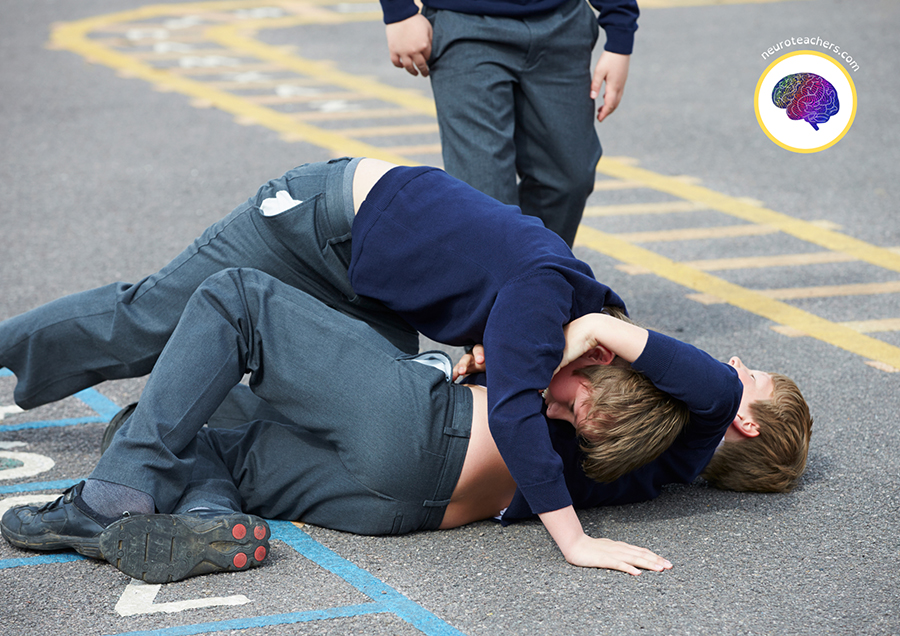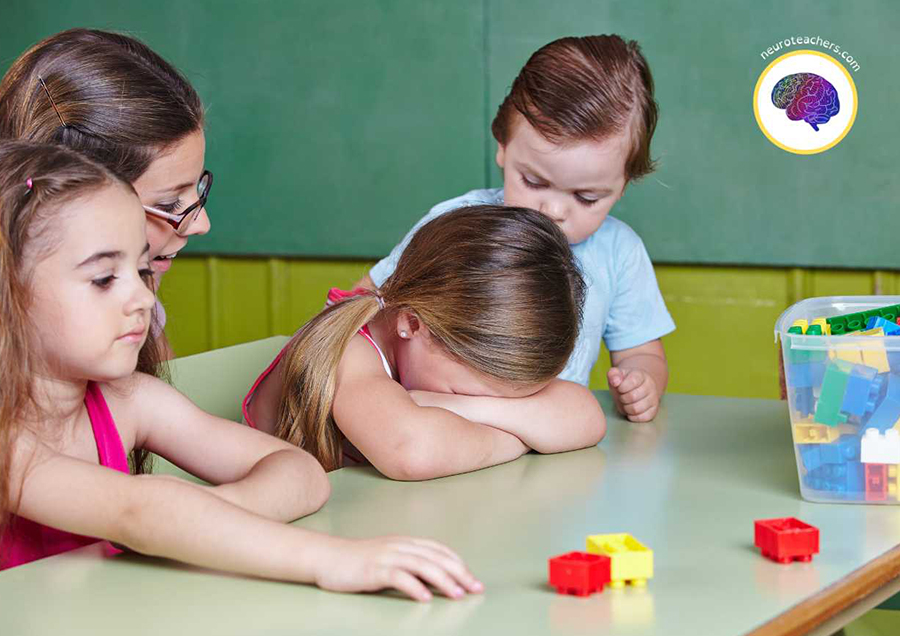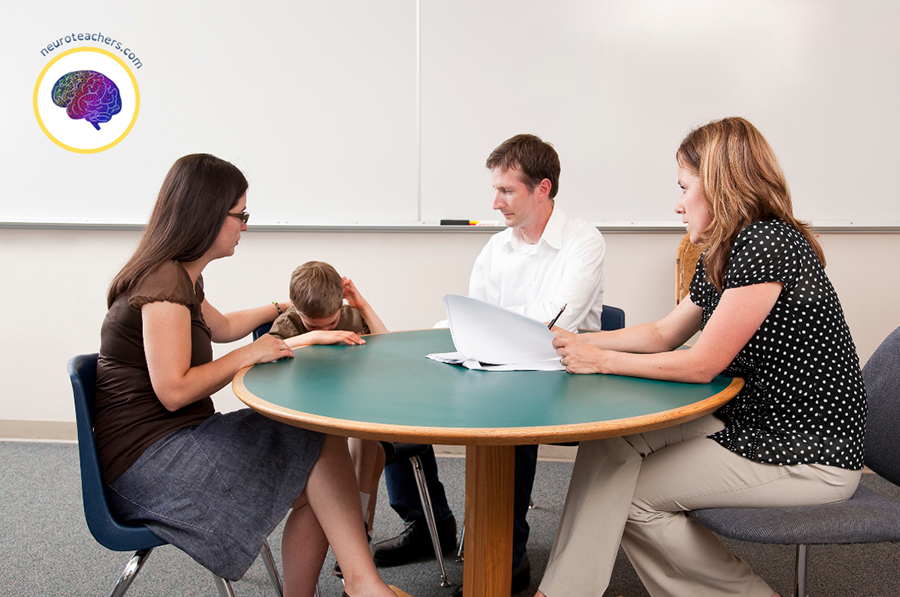Neurodivergence & Differentiation Tip 6: Change the Presentation Format
Neurodivergence and Differentiation Tip 6: Change the Presentation Format As a neurodivergent teacher, I understand the importance of differentiation in the classroom. One effective strategy is to change the presentation format of the information we deliver. This can significantly enhance the way pupils process and understand the material. In this blog, I will discuss various […]
Neurodivergence & Differentiation Tip 6: Change the Presentation Format Read More »










